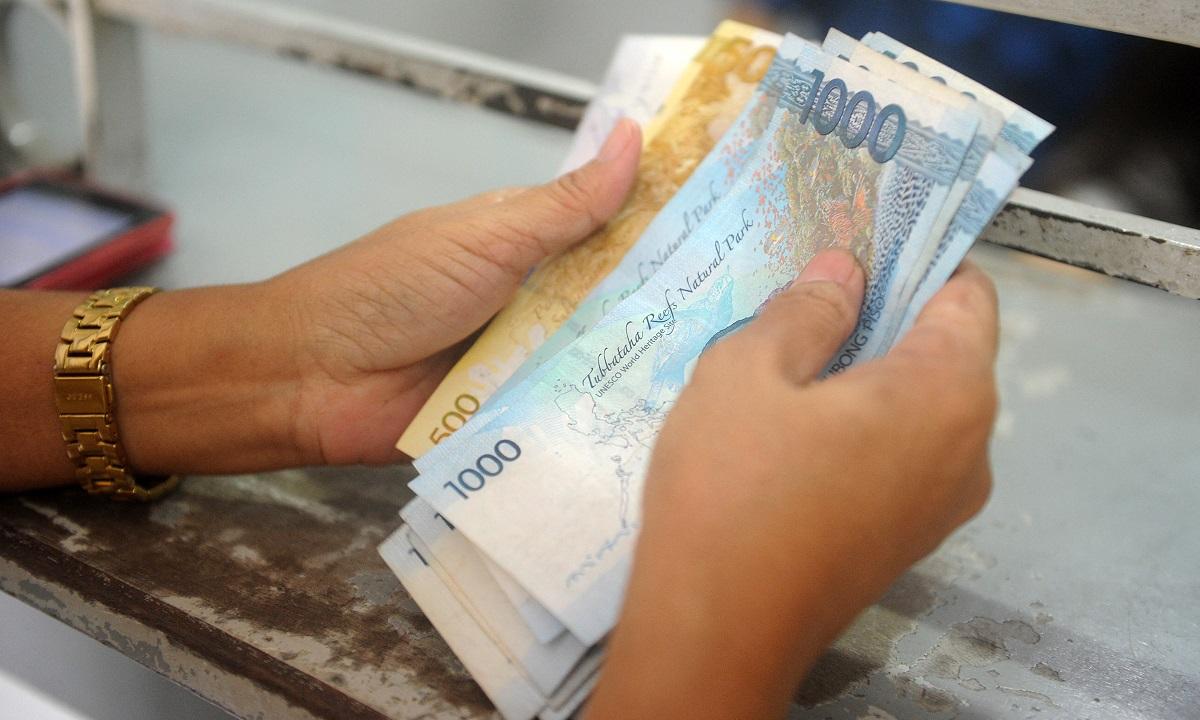Peso slips to P58:$1 level

The Philippine peso depreciated for the third straight trading day to the P58:$1 level on Tuesday to mark its worst showing in over 18 months, as regional currencies softened after recent signals of a delayed rate cut by the Federal Reserve.
The local currency shed 37 centavos to close at P58.27:$1 from Monday’s finish of P57.68:$1. This is the worst showing in 18 months since November 8, 2022’s finish of P58.275:$1.
The Bangko Sentral ng Pilipinas (BSP) said the greenback strengthened against most regional currencies as it was buoyed by recent signals by the Federal Reserve, after chair Jerome Powell signaled that bankers will have to wait longer for lower borrowing costs.
“The peso weakened beyond 58 to the US dollar today, in line with other currencies in the region. The dollar continued to strengthen as the Federal Reserve signaled delay in cutting interest rates,” BSP governor Eli Remolona Jr. said in an emailed statement.
Powell last week said that while inflation is projected to fall, he did not see any indicators that showed a reason to change the current stance in monetary policy.
“Today, the peso’s weakness seems to be in line with movement of other regional currencies. Add to that statements by several Fed officials last night reiterating hawkishness and last week’s dovish BSP sentiment which seem to have carried over in yesterday’s and today’s session,” Security Bank Corp. chief economist Robert Dan Roces said in a separate mobile message.
Rizal Commercial Banking Corp. (RCBC) chief economist Michael Ricafort also attributed Tuesday’s depreciation to the release of the balance of payments (BOP) data, which showed that the country’s payments positions swung back to a deficit in April.
“It is important to note that the US dollar/peso exchange rate already posted a bigger increase compared to most ASEAN currencies since the start of 2024 (+5.2%), and since the Russia-Ukraine conflict started on February 22, 2022 (at +14%)," he said.
Remolona last Thursday said the BSP is now “less hawkish,” as the Monetary Board kept policy rates unchanged for the fifth straight policy meeting, but hinted at the possibility of easing rates as early as August.
Moving forward, Remolona said the BSP will continue to allow the foreign exchange market to function, but stands ready to come in when necessary.
“The BSP continues to monitor the foreign exchange market but allows the market to function without aiming to protect a certain exchange rate. Nonetheless, the BSP will participate in the market when necessary to smoothen excessive volatility and restore order during periods of stress,” he said.
Philippine equities also slipped on Tuesday, with the bellwether PSEi down by 49.12 points or 0.74% to 6,633.66 and the broader All Shares index easing by 12.93 points or 0.36% to 3,535.77.
“Philippine shares weakened as investors watched the peso slide below the 58.00 mark towards the USD, while the US market went underway with trading,” Regina Capital Development Corp. head of sales Luis Limlingan said separately.
More than 2.949 billion shares, valued at P9.795 billion, changed hands. Decliners trumped advancers 96 to 86, while 48 issues were unchanged. — RSJ, GMA Integrated News




